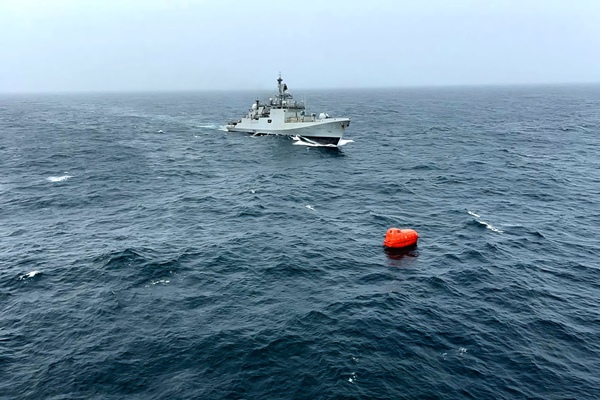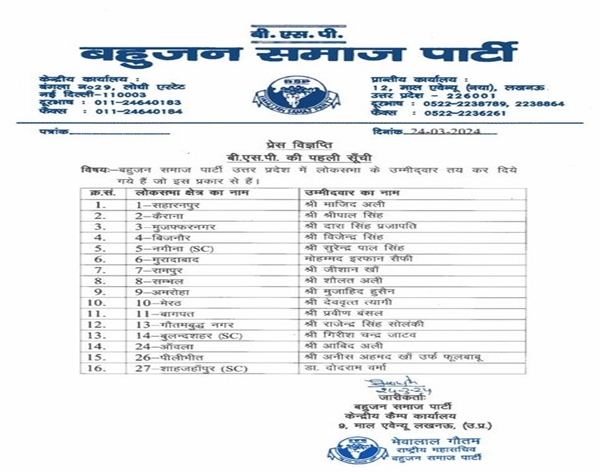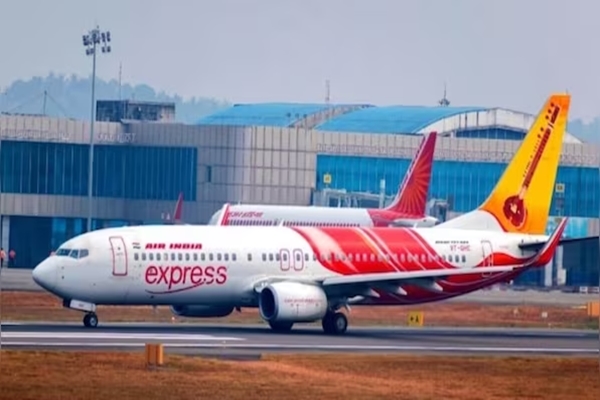Just days ago, a Comoros-flagged oil tanker capsized off the coast of Oman, with 16 crew members reported missing-13 Indians and 3 Sri Lankans. In a fortunate turn of events, the Indian Navy’s INS Teg, a Talwar-class frigate, was conducting an operational turnaround in the vicinity. Swiftly redirected for search and rescue, INS Teg located the stricken vessel on July 16th and has so far rescued eight Indians. This rapid response underscores the strategic importance of India’s naval presence in these waters. The incident highlights the deep-rooted and multifaceted defense partnership between India and Oman. This relationship, which has flourished over decades, is built on shared maritime interests and a mutual commitment to regional security.
Oman holds a unique position as India’s oldest defense partner in the Gulf region. The foundations of this cooperation were laid in 1972 with a military protocol agreement, leading to Indian Navy personnel being deputed to the Omani Navy the following year. This early collaboration set the stage for what has become a robust and enduring partnership.The relationship has since evolved to encompass a wide range of joint activities. Regular military exercises involve all three branches of the armed forces-army, navy, and air force. These exercises, such as ‘Al Najah’, ‘Eastern Bridge’, and ‘Naseem Al Bahr’, serve as vital platforms for sharing operational knowledge and building interoperability between Indian and Omani forces.
Beyond exercises, there’s a consistent exchange of high-level military visits and training programs. Omani soldiers regularly participate in courses at India’s prestigious military institutes, further cementing the bonds between our armed forces.The strategic significance of this partnership cannot be overstated. Oman’s geographic location, straddling the Strait of Hormuz and the Gulf of Oman, makes it a linchpin for maritime security in the region. For India, Oman serves as a gateway to the entire Gulf region, offering a route that bypasses critical choke points like the Strait of Hormuz and the Bab el-Mandeb Strait.
A landmark development in this partnership came in 2018 with an agreement allowing India access to Oman’s Duqm port. This has dramatically enhanced India’s capacity to conduct extended anti-piracy operations in the Gulf of Aden. In the face of renewed piracy threats and instability in the Red Sea, India has now been assigned a dedicated zone within Duqm Port, further solidifying its role as a net security provider in the region. It was near this port that the Comoros-flagged ship capsized and INS Teg came to the rescue.
The Salalah Port in Oman is another key asset in this partnership. Its proximity to critical maritime chokepoints makes it an ideal base for Indian naval operations. The Indian Navy regularly uses Salalah for port calls and as a launch point for maritime surveillance missions using P-8I aircraft. The same aircraft was used for the search and rescue mission of the capsized ship. In September 2021, the Indian Navy and Royal Oman Navy signed a Memorandum of Understanding for the exchange of White Shipping Information, aimed at enhancing maritime safety and security. The India-Oman Joint Military Cooperation Committee (JMCC) is the highest forum for defense engagement between both countries. The JMCC assesses and advises on the general framework of defense exchanges between the two countries. The 12th meeting of the JMCC was held in Oman in 2024, where both countries agreed to enhance cooperation in the fields of training, joint exercises, information sharing, oceanography, ship-building, and Maintenance, Repair, and Overhaul.An MoU was signed on the purchase of defense material and equipment, which would serve as the framework for further cooperation in the defense sector.
However, this partnership faces challenges in an evolving geopolitical landscape. China’s growing presence in the region, including increased use of Omani ports and expanding defense cooperation with Oman, presents a strategic concern for India. Reports of potential Chinese plans to build a naval base in Oman underscore the need for India to continue strengthening its ties with this crucial Gulf partner.Despite these challenges, the India-Oman defense relationship remains robust and forward-looking.
As we reflect on the recent rescue operation off Oman’s coast, we’re reminded of the vital importance of strong defense partnerships in ensuring regional stability and safety at sea. The India-Oman relationship, built on decades of trust and mutual benefit, continues to play a crucial role in safeguarding the waters of the Arabian Sea and beyond.















